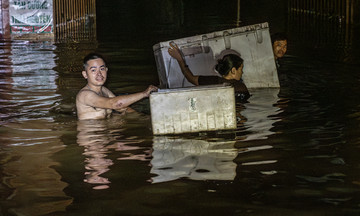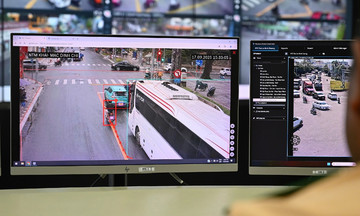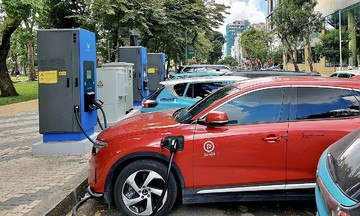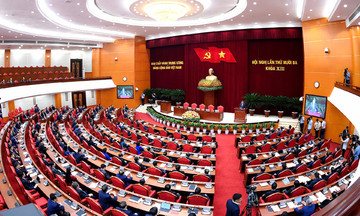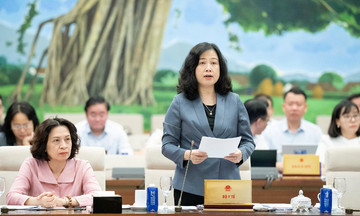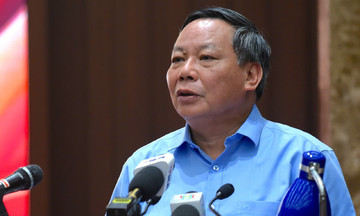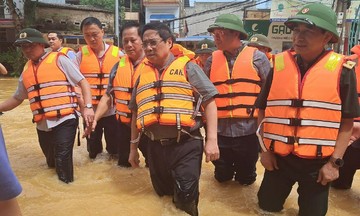On 25/9, Prime Minister Pham Minh Chinh met with WIPO Director General Daren Tang during his visit to Vietnam.
The Prime Minister noted that Vietnam has been independent for 80 years, but endured 40 years of devastating war and 30 years of embargoes. To achieve rapid, sustainable development, including double-digit GDP growth from 2026-2030 and high-income status by 2045, Vietnam must prioritize intellectual property, science, technology, innovation, digital transformation, and the development of a green, digital, circular, and knowledge-based economy.
Intellectual property is a strategic tool in this endeavor. Vietnam aims to improve its Global Innovation Index (GII) ranking from its current 44th position to the top 40 by 2030 and the top 30 by 2045.
The Prime Minister highlighted the Politburo's Resolution 57, focusing on breakthroughs in science, technology, innovation, and digital transformation. Vietnam is investing in modern infrastructure, developing a skilled workforce, improving governance, and strengthening international cooperation in these areas.
The Prime Minister requested WIPO's support in enhancing Vietnam's capacity. He proposed establishing mechanisms for deeper collaboration, aiming to create a model partnership. Specific areas of cooperation include improving the effectiveness of science and technology investments, promoting R&D commercialization, and developing high-tech industrial-service-urban areas.
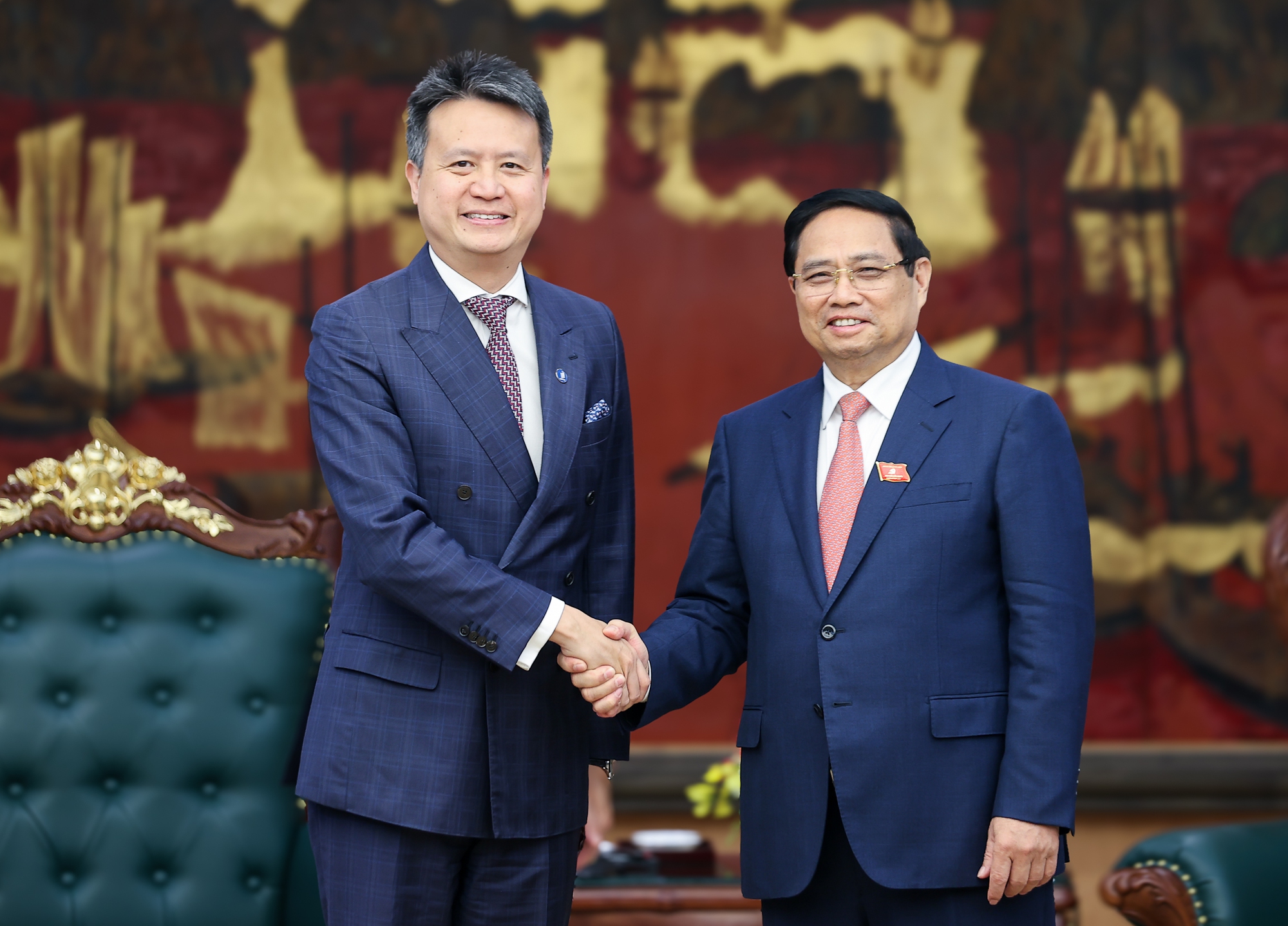 |
Prime Minister Pham Minh Chinh receives WIPO Director General Daren Tang. Photo: Nhat Bac |
Prime Minister Pham Minh Chinh receives WIPO Director General Daren Tang. Photo: Nhat Bac
Vietnam also seeks WIPO's cooperation in developing its cultural and entertainment industries to leverage its cultural heritage, the creativity of its youth, and meet the public's growing entertainment needs.
The Prime Minister assigned the Ministry of Science and Technology to coordinate with WIPO, organize forums, and implement collaborative activities.
Director General Tang praised Vietnam's innovation activities, noting their presence not only in Hanoi and Ho Chi Minh City, but also in other provinces, with many notable startups and innovative enterprises. He highlighted Vietnam as a model for innovation, science and technology development, and human capital development among emerging economies.
WIPO committed to collaborating on the Prime Minister's priorities, including supporting Vietnam in refining its institutions, mechanisms, and policies, and implementing Resolution 57.
WIPO will also work with Vietnam to develop tools and indicators to measure the contribution of science, technology, and innovation; promote R&D commercialization; and cooperate on intellectual property rights.
Mr. Tang stated that WIPO will support large corporations, as well as Vietnamese startups, in developing, promoting, and protecting their brands, such as Vietnamese coffee. He also pledged support for the development of cultural industries, the creative economy, and the digital economy, including film and fashion, and in addressing climate change.
Vu Tuan




